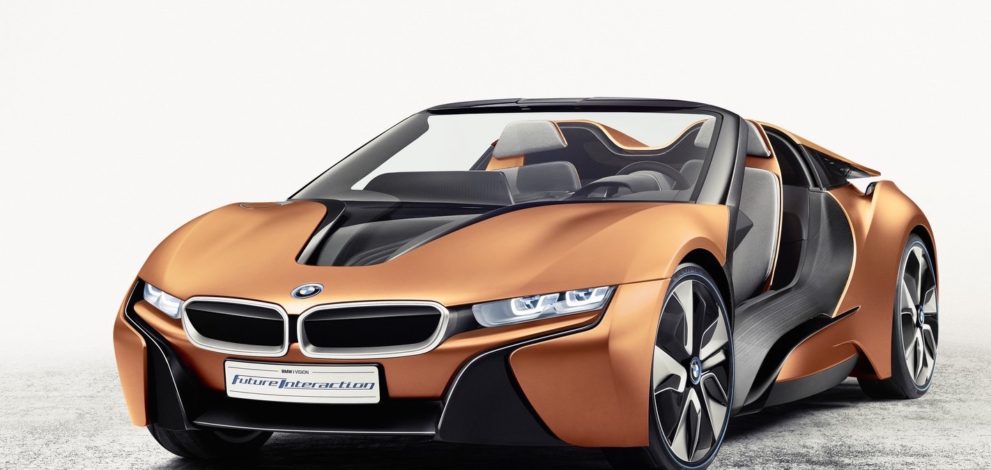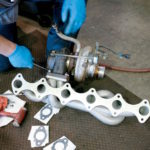The short answer is... yes - mirrorless cars have been approved. In Japan.
And if that sounds strange to you, you're not the only one. We're so used to linking our ride's mirrors with safety and viewing our surroundings as drivers, that it might sound ludicrous to legalize mirrorless cars. But if you think about it, side view mirrors have gotten bigger and bigger with time. And while that does give you more visibility, it also means your mirrors are more susceptible to damage. And did you realize they also hurt your fuel economy by dragging down your vehicle's aerodynamics?
There have been a few concept cars in the past sans mirrors. And automakers have picked up on the trend by introducing more and more video cameras to give drivers improved visibility, while also enhancing the vehicle's exterior and interior appearance. So why aren't all manufacturers ditching mirrors? Well... it's illegal.
At least it was, until now. Japan's transportation ministry has actually approved mirrorless cars. They reason that the use of cameras instead of mirrors offers improved visibility, safety, and is in tune with today's rapid advancement of video technologies. And it looks like everyone's looking to ride the wave, with companies already starting to develop video systems for the automakers. One of these companies, Ichikoh, recognizes the trend and the opportunity to capitalize on this new law. "It's a really new segment with higher content, and that means higher revenue opportunities," says Ichikoh's CEO, Ali Ordoobadi. "This is the trend, and we have to be in front of the others." Bosch is also looking to expand in this segment, and has already developed special video display systems built into the A-pilllars of commercial trucks. And the 2016 Cadillac CT6 actually comes with a rear-view mirror that can be switched to a video display.
Sounds cool, doesn't it?
A video display system offers safety benefits which conventional mirrors can't measure up to. The top benefit of video displays is that they offer more visibility, so the driver can have a view of any blind spots. And they can be mounted anywhere on the vehicle. If your ride has a video display, you won't have to hurt your eyes with annoying glare, or strain them in low light. The systems will be lighter, and more aerodynamic for improved fuel economy. And they will help automakers with meeting stringent emissions standards.
With its new law, Japan is definitely giving its laptop-service automakers the advantage. And this is one of the main reasons we expect the EU to alter its laws this year, followed by the US in 2018.
What do you think about this new trend? Would you drive a mirrorless car?








